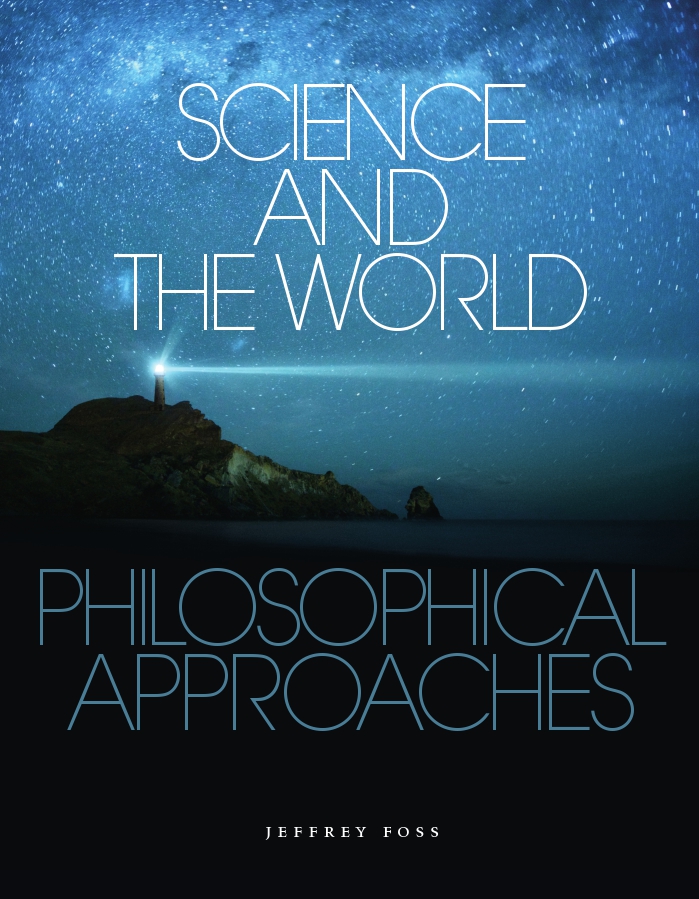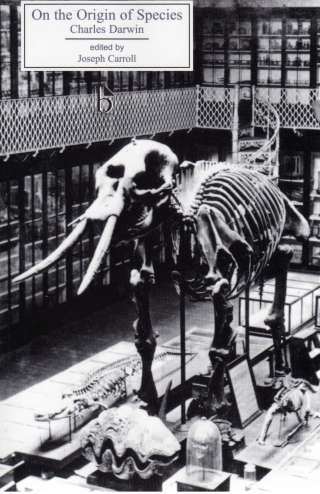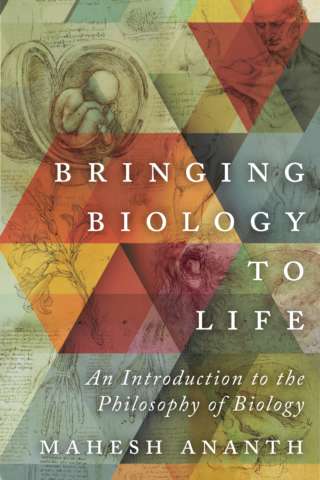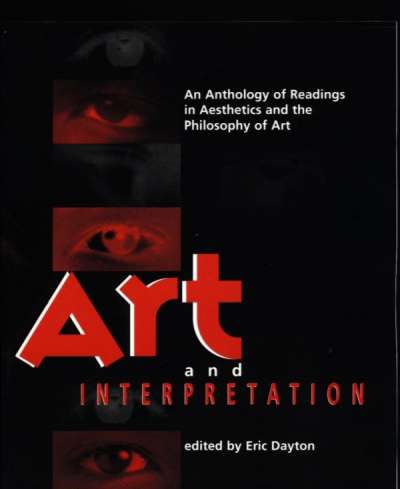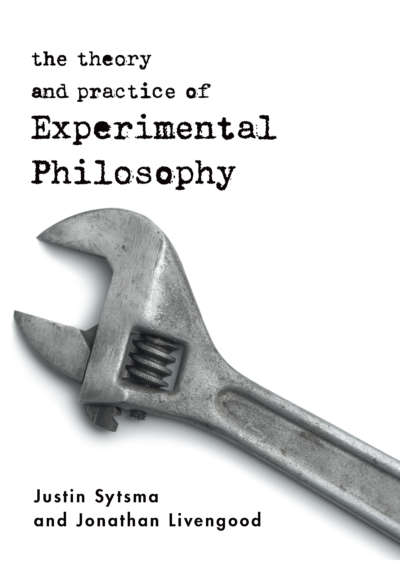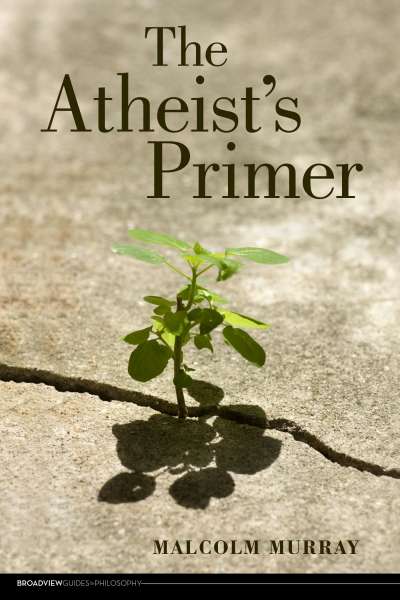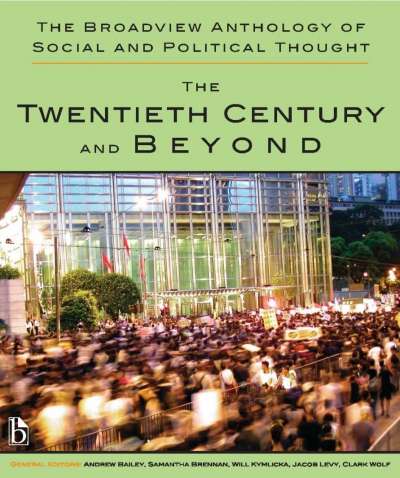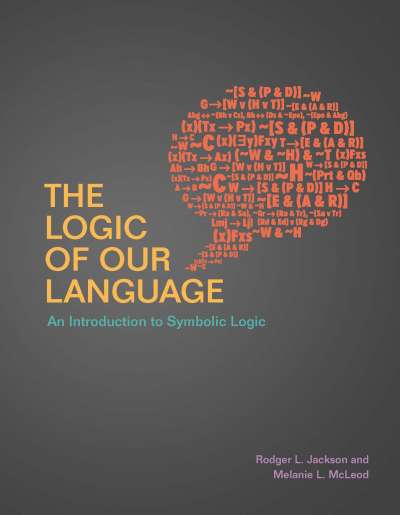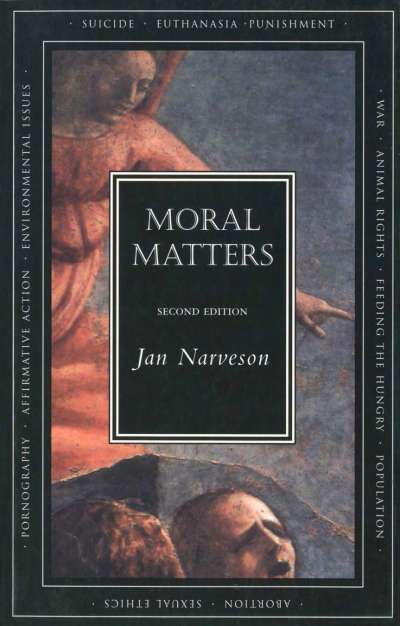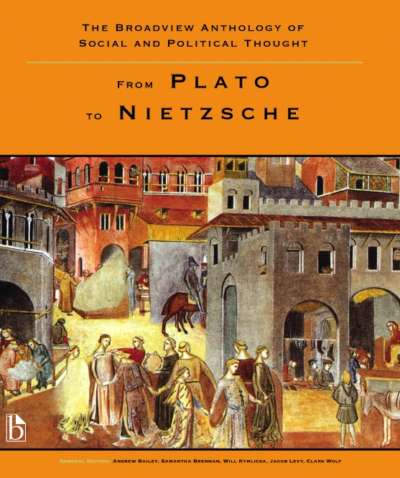This new anthology includes both classic and contemporary readings on the methods and scope of science. Jeffrey Foss depicts science in a broadly humanistic context, contending that it is philosophically interesting because it has reshaped nearly all aspects of human culture—and in so doing has reshaped humanity as well. While providing a strong introduction to epistemological and metaphysical issues in science, this text goes beyond the traditional topics, enlarging the scope of philosophical engagement with science. Substantial introductions and critical questions are provided for each reading.
Comments
“Science and the World is a very useful two part collection. The first contains classic papers on the philosophy of science (realism, explanation, induction). The second part is devoted to science, religion, and social issues (creationism, Darwin and ethics, and so on). Both sections are worthy in their own right. What makes the volume particularly valuable, and a real service to teaching, is the inclusion of both general topics under one cover. They are equally relevant to a full understanding of the single most important institution in our lives—science.” — James Robert Brown, University of Toronto
“This is a very thoughtful collection that does a great job of laying out the basic nature of science and then connecting our understanding to real world problems. It will be wonderful for students, and general readers will find much of interest and value.” — Michael Ruse, Florida State University
“Foss sets out to achieve a formidable task: to integrate, in a single volume, a collection of seminal articles on the nature of scientific knowledge and methodology with a discussion of the social, ethical, and political implications of science. The result is impressive. The skillful blend of classic and contemporary readings, individually introduced and enriched by an extensive list of study questions, makes this volume a remarkable pedagogical tool.” — Prof, Marco J. Nathan, University of Denver
“Science and the World will appeal to a wide range of readers interested in the history and philosophy of science and in science and society. It addresses questions of power, gender, and ethical concerns in scientific theory and practice. Introductions to essay selections are accessible and informative, written in a style that will engage students in philosophy and in other disciplines who are interested in the issues covered in this anthology.” — Suzanne Bailey, Trent University

